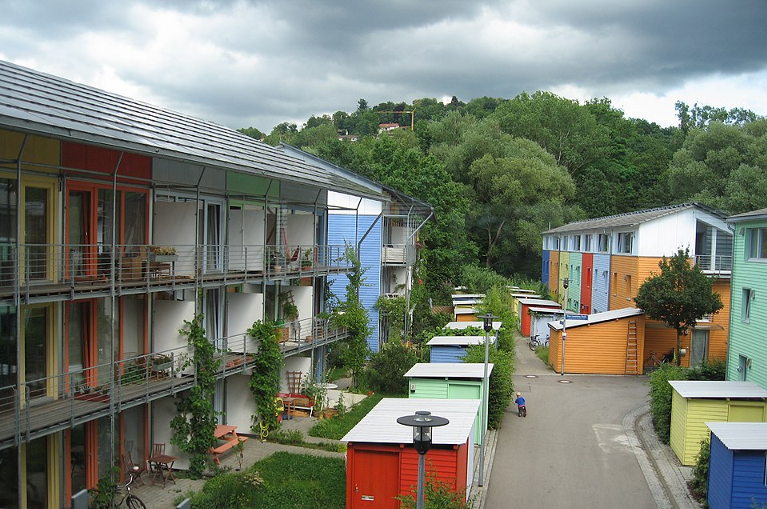Richard Falk’s engaging essay invites us to identify various “foreclosures of the imagination” that are blocking the emergence of pathways to greater global solidarity in the future. Any realistic thoughts about the future, though, must surely be set within the context of the physical conditions humankind will face in the Era of Disasters, which we have already entered. Since the beginning of the COVID-19 pandemic, it is now easier for people to imagine a regional or planetary situation where forces of nature take over and humans are not in control. Still, the human tendency to ignore an almost unthinkable threat in the hope that it will go away or strike someone else is a very problematic foreclosure of imagination in our situation. Regardless, in the coming decades, every department and agency in every government in nearly every country is going to be focused on, in addition to its usual duties, the ramifications of frequent, massively destructive catastrophes causing cumulative, often irreparable damage to the economy, social structure, institutions, communities, and mental health.
We survive or die where we live, so a place-based, community focus is ascendant as the planetary crises worsen. Perhaps it is time to dust off the decades-old, but marginalized, “alternative” vision of the global family of humankind as being a nested community of communities of communities. In this model, the United Nations would be restructured, which could be reflected in a redesign of the seating in the General Assembly chamber. Instead of alphabetical seating, why not have major groupings according to the continents? Within those groups, countries would be seated together according to regions…
…click on the above link to read the rest of the article…
